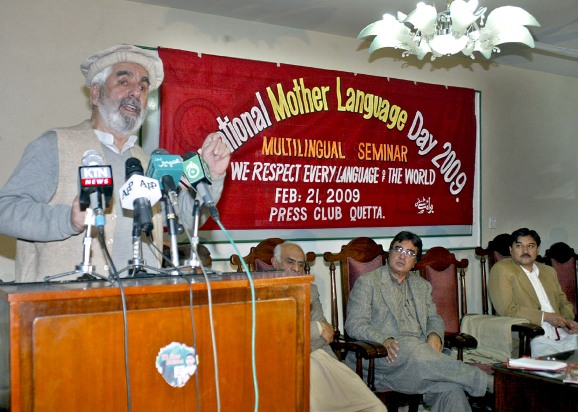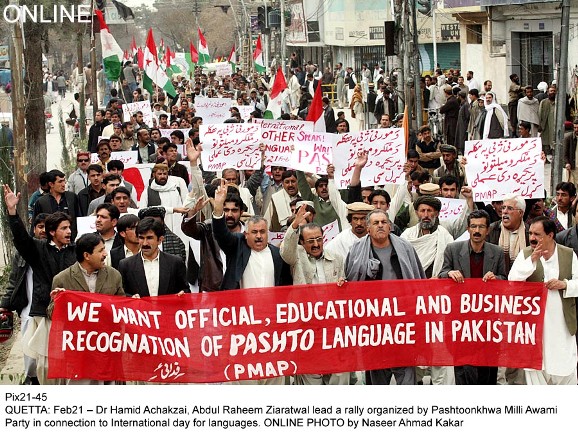Mother Language forges friendships, cultural...
[21.Feb.2009 - 21:50]By Abdul Hayee Aryan
Besides in Pakistan, International Mother Language Day was commemorated all over the world today on February 21.




 بېرته شاته
بېرته شاته



 بېرته شاته
بېرته شاته